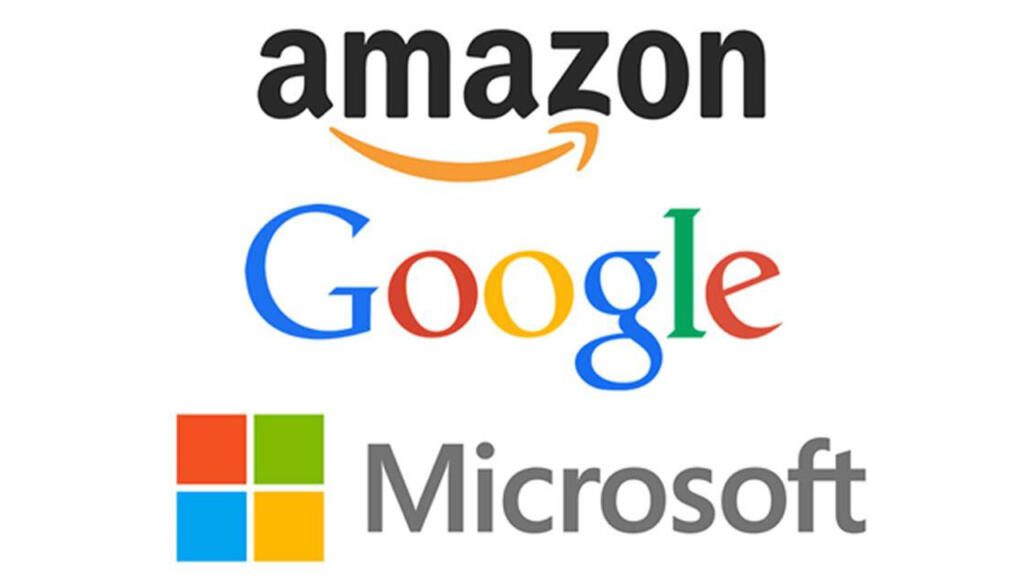- Web
- Today
Global tech giants to establish regional HQs in Riyadh
-

- Web Desk
- Jan 10, 2024

WEB DESK: In a strategic move driven by governmental pressure, global technology leaders, including Amazon.com Inc., Alphabet Inc.’s Google, and Microsoft Corp., have secured licenses to establish regional headquarters in Riyadh, Saudi Arabia.
This development aligns with Saudi Arabia’s directive to award contracts exclusively to companies with a significant presence in the region, a policy announced in February 2021.
The recent approvals, revealed through a government database, signal a race against time as these corporations sought compliance with the Saudi government’s deadline, set for January 1.
Joining the tech giants in this endeavour are prominent entities such as Airbus SE, Oracle Corp., and Pfizer Inc., all of which have also obtained licences for regional headquarters.
The Saudi government’s initiative, aimed at curbing ‘economic leakage,’ underscores Crown Prince Mohammed bin Salman’s commitment to reshaping the country’s economic landscape.
The strategy seeks to limit government and citizen spending that benefits international firms lacking substantial operations within Saudi Arabia.
Crown Prince MBS, as he is known, has consistently pursued economic reforms to attract international investment. While easing restrictions on gender mixing, women driving, and public entertainment, challenges persist, such as limited lifestyle options and the continued ban on alcohol, deterring some foreign executives from residing in the country.
Despite these hurdles, Saudi Arabia’s position as the region’s largest economy, coupled with ambitious plans to invest trillions of dollars to become a tourism and commercial hub, has compelled multinational corporations to reassess their operations in the Middle East.
The Saudi move is widely perceived as a bid to compete with Dubai, the Middle East’s primary business hub, known for its lifestyle, low taxation, and connectivity.
Traditionally, global firms managed their Middle East operations from offices in Dubai, while maintaining smaller offices in Saudi cities. The impact of establishing regional headquarters in Riyadh on operations elsewhere in the region remains unclear.
Responding to inquiries, Microsoft emphasised Saudi Arabia’s inclusion in its Central & Eastern Europe, Middle East, & Africa (CEMA) region, noting the presence of a headquarters in the kingdom.
Google stated its engagement with relevant authorities on compliance requirements, while Airbus affirmed its alignment with Saudi rules.
Under Saudi regulations, firms can obtain a special headquarters licence by establishing a centre in Riyadh that meets specific criteria, including a minimum staff of 15 and oversight of two other countries. Riyadh offers incentives, such as tax breaks and exemptions, to encourage compliance.
However, the Saudi initiative faces challenges, with executives expressing uncertainty about the application of rules to certain businesses and ambiguity surrounding the entities covered by procurement restrictions.
Questions also persist about the impact on companies with contracts from entities like the kingdom’s sovereign wealth fund.
The Ministry of Investment, as of now, has not responded to requests for clarification. In a statement in December, it was announced that over 200 firms had received headquarters licences, with notable names like Bechtel, PwC, and PepsiCo. already announcing Riyadh as their regional headquarters.
The success of this initiative hinges on addressing uncertainties and fostering an environment conducive to sustained international business engagement in the region.
Read next: Global oil prices rise




